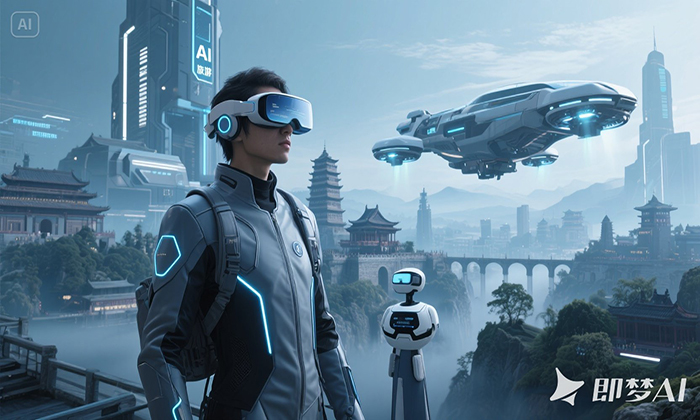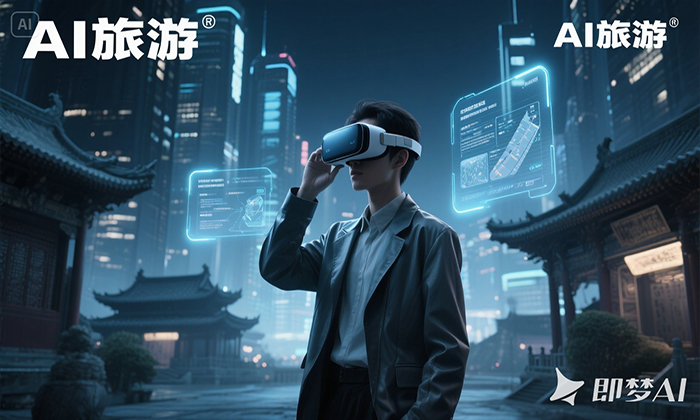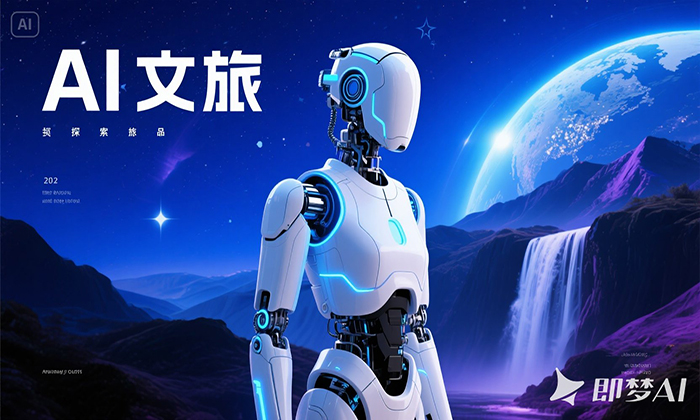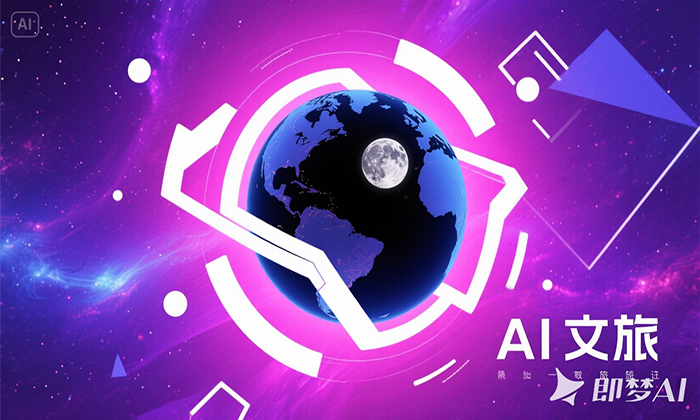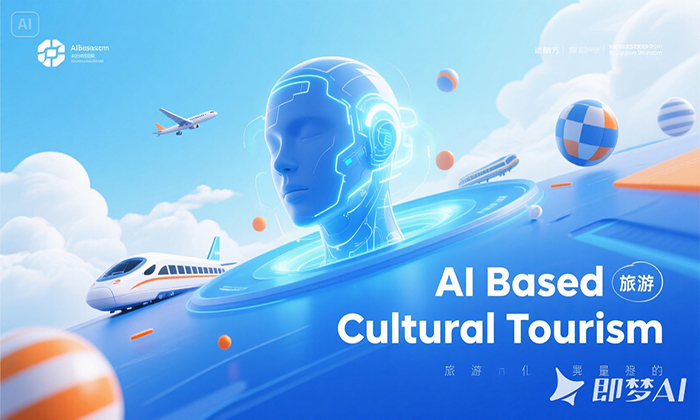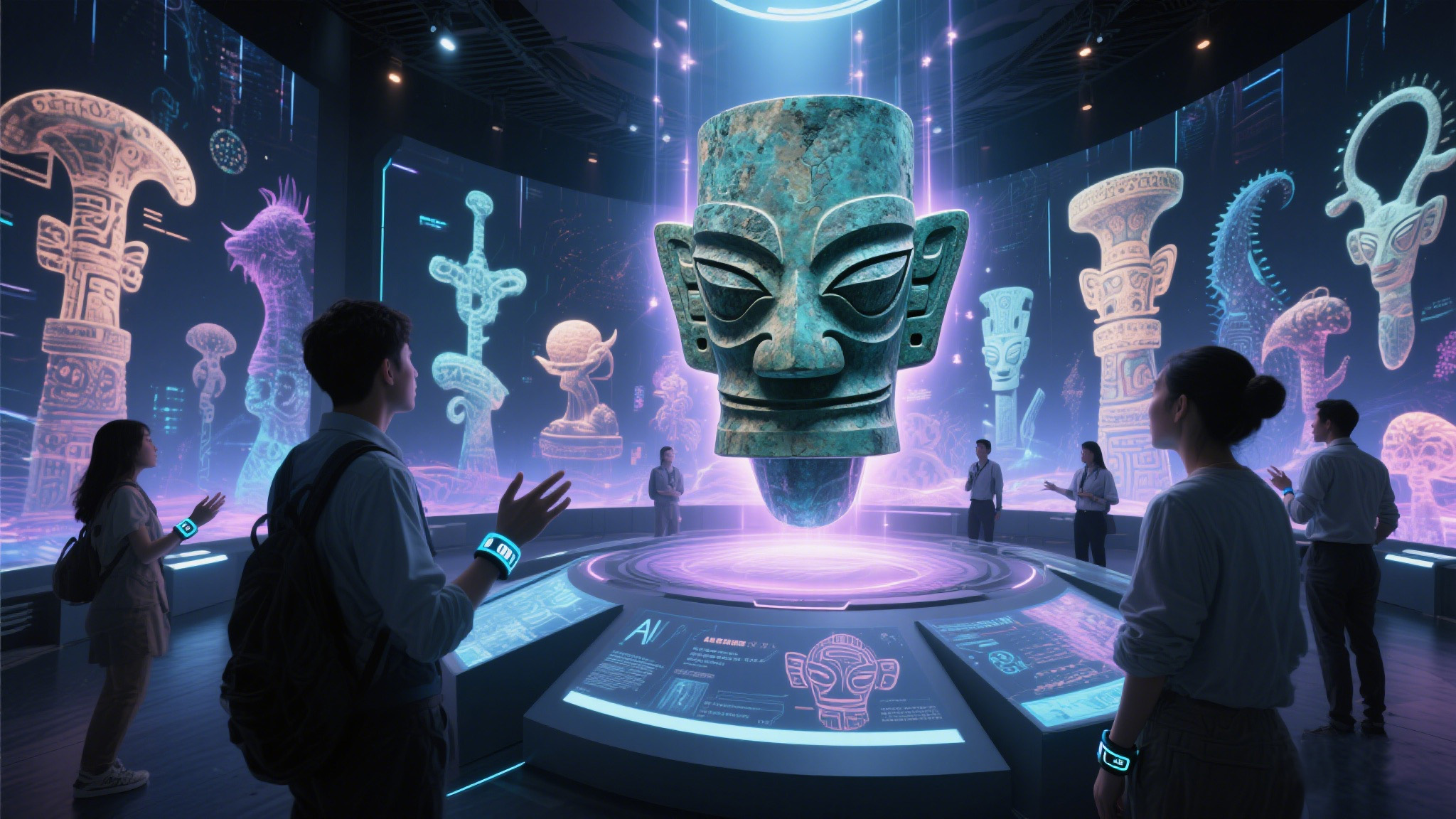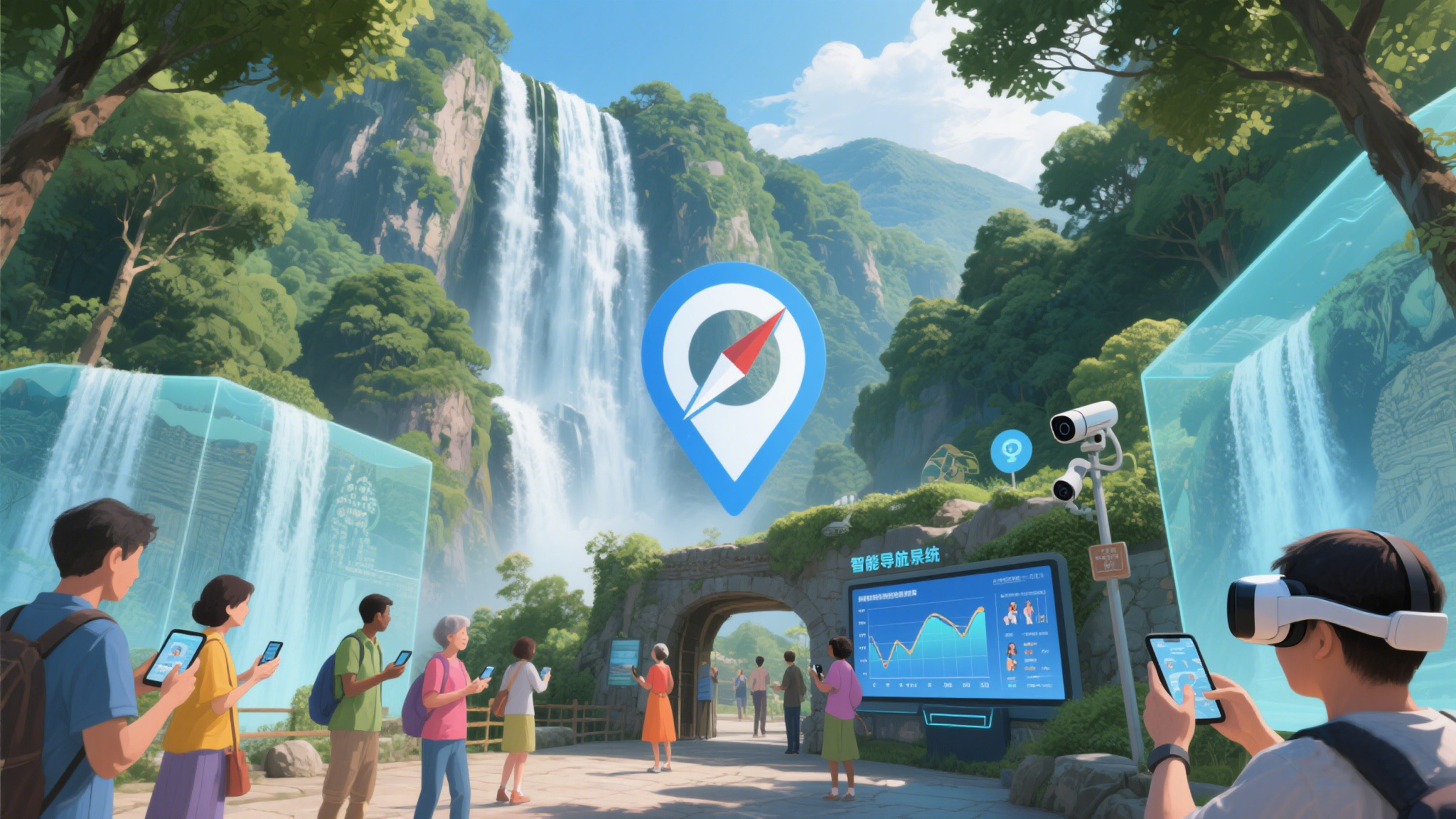AI in Cultural Tourism: Redefining Experiences and Preservation
江浸月 2025-06-12
In the era of digital transformation, Artificial Intelligence (AI) is emerging as a revolutionary force in cultural tourism, reshaping how we explore historical sites, engage with cultural heritage, and preserve civilizational legacies. By integrating machine learning, natural language processing, and computer vision, AI is creating personalized, immersive, and sustainable tourism experiences while addressing critical challenges in heritage conservation.
In the era of digital transformation, Artificial Intelligence (AI) is emerging as a revolutionary force in cultural tourism, reshaping how we explore historical sites, engage with cultural heritage, and preserve civilizational legacies. By integrating machine learning, natural language processing, and computer vision, AI is creating personalized, immersive, and sustainable tourism experiences while addressing critical challenges in heritage conservation.
Enhancing Tourist Experiences through Personalization
AI-powered recommendation systems are transforming travel planning by analyzing vast datasets of user preferences, travel histories, and real-time cultural events. Platforms like TripAdvisor and Google Travel now use algorithms to suggest customized itineraries, such as recommending lesser-known museums for art enthusiasts or historical reenactment events for history buffs. Beyond planning, smart guides equipped with natural language processing offer real-time interpretations of monuments in multiple languages. For example, the AI guide at the Forbidden City in Beijing provides context-sensitive stories about imperial history, adapting narratives based on visitors' age groups and interests. Virtual Reality (VR) and Augmented Reality (AR), enhanced by AI-generated content, allow tourists to "time-travel" – visualizing ancient Roman forums as they stood 2,000 years ago or interacting with holographic representations of historical figures.
Safeguarding Cultural Heritage Digitally
AI plays a pivotal role in preserving endangered cultural relics through digital archiving. High-resolution imaging combined with machine learning algorithms can reconstruct damaged artifacts, as demonstrated in the restoration of Palmyra's ancient ruins using 3D modeling from historical photographs. In museums, AI-driven surveillance systems monitor environmental conditions and detect potential damages to artifacts in real time, while blockchain technology – often integrated with AI – ensures the authenticity of digital heritage records. The "Google Arts & Culture" project exemplifies this trend, using AI to digitize over 50,000 artworks from global collections, making cultural treasures accessible to anyone with an internet connection. Such initiatives not only protect physical artifacts from overexposure but also democratize access to cultural knowledge.
Fostering Sustainable and Inclusive Tourism
By optimizing resource allocation, AI promotes sustainable tourism practices. Smart city systems analyze tourist flow data to reduce congestion in heritage sites, like the Acropolis in Athens, while predictive analytics help manage environmental impacts from tourism activities. AI also bridges cultural gaps by translating linguistic and contextual barriers – an Indian traveler in Japan can use an AI app to understand the symbolic meanings of tea ceremony rituals in real-time. These technologies empower destinations to balance visitor experience with heritage protection, ensuring cultural sites remain vibrant for future generations.
As AI continues to evolve, its integration in cultural tourism holds immense promise. While challenges like data privacy and algorithmic bias require careful navigation, the transformative potential of AI to connect people with their shared human heritage is undeniable. By merging innovation with tradition, AI is not just enhancing tourism – it's redefining how we cherish and safeguard the world's cultural legacy.







